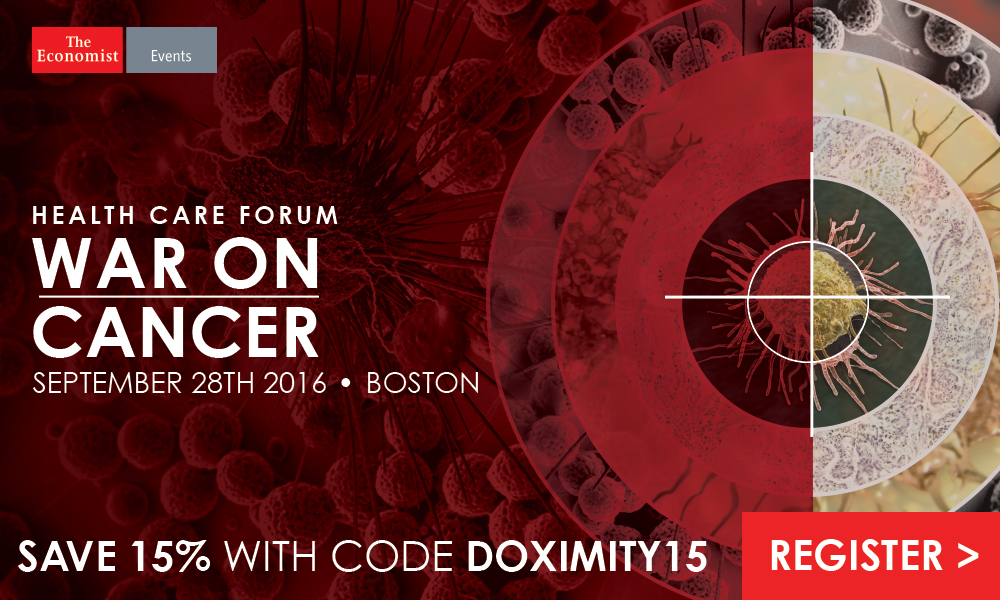Since the passage of the National Cancer Act in 1971, overall cancer death rates in the United States for both men and women have declined. Strides have been made over the last 45 years since the beginning of this purported War on Cancer, with particular attention paid to the underlying biology of cancer. Today, the war on cancer has an expanding front, due to knowledge gained from cancer genetics and host interactions. Mutation-specific inhibitors and immunotherapies represent promising and precise targeted therapies in the oncological armamentarium derived from this knowledge.
Independent of our exciting advances in these burgeoning areas of cancer research, declines in cancer mortality can be attributed to a significant decrease in preventable deaths. The decrease in lung cancer deaths, a principle driver of age-adjusted cancer mortality, mirrors decreased rates of tobacco use in the United States. Although informed by carcinogen studies of cigarette smoke, primary prevention through public health advocacy remains a most effective method for decreasing lung cancer mortality. Similarly, the decrease in breast cancer mortality has been attributed to increased mammographic screening, even with the recent controversies in determining recommendations for age at first screening.
However, prevention has been aided by therapeutic advances in reducing cancer mortality. Significant strides in combinatorial therapy, for example surgical, radiological, and hormone-targeted therapy in breast cancer, have dramatically contributed to survival. Bolstered by the Human Genome Project and our ever-expanding trove of “‘omic” – genomic, epigenomic, transcriptomic, proteomic, and metabolomic – data, cancer has never been a more described entity. With the informatic integration of this and clinical data, a more complete understanding of the landscape of cancer continues.
This is the first wave of the War on Cancer. Even with the research gains and notable declines in cancer, malignancy is poised to overtake cardiovascular disease as the most common cause of death in the United States.
Hence, a second wave of the War on Cancer has begun: still targeted, but also personalized and precise.
Perturbations in gene expression in cancer, through mutation or otherwise, have yielded innumerable targets of small molecule, biological, and cellular therapies. In subsets of lung cancer, kinase inhibitors to mutation-specific EGFR and ALK mutations have yielded modest success. In breast cancers, even where targeted therapy to those tumors overexpressing HER2 has failed, new antibodies carrying a potent cytotoxin have improved survival. Other antibody immunotherapies that block the inhibitory effects cancer cells exert on immune responses continue to demonstrate success in melanoma and now other solid malignancies. Cellular therapies using engineered “killer” T cells derived from and infused into patients are demonstrating efficacy in treatment-resistant hematological malignancies, with hopes for efficacy in solid cancers. Looking beyond these advances, cancer-targeted gene expression and direct genetic editing represent the next wave of the War on Cancer.
There is no guarantee that these exciting personalized and precise therapies will yield the magnitude of benefits attained by cancer prevention and combinatorial therapy. Cancer will only become more prevalent as our healthcare system better manages other chronic disease. Whether we “shoot the moon" or not on cancer, it deserves the research and policy attention it garnered in 1971 and, now, in 2016.
Doximity is proud to be a supporting association for The Economist's War on Cancer Forum 2016. On September 28, 2016, over 200 thought leaders from all corners of the healthcare industry will meet in Boston to discuss innovative approaches to combating this deadly disease.
In partnership with The Economist, Doximity is offering 15% off the current registration fee to anyone interested in attending the event. To register, go to https://waroncancer2016.eventbrite.com/?discount=DOXIMITY15 and enter DOXIMITY15.

